New Peak District farming cooperative eyes environmental services market to fill Brexit financial hole
and live on Freeview channel 276
The Peakland Environmental Farmers (PEF) claims to represent 54 farmers and more than 28,000 hectares in the Dark Peak and South West Peak uplands designated as National Character Areas by Natural England – home to many rare wildlife, plants and landscape features afforded special protected status.
Spokesman James Howard, of Lane Farm in Holme, said: “The Peak District is celebrated for its natural beauty but many people don’t realise that our approach to farming has played a major part in protecting and enhancing this landscape.
Advertisement
Hide AdAdvertisement
Hide Ad“We are proud of the way we produce food sustainably while protecting the natural environment. Joining forces offers an opportunity to make people aware of the benefits of environmentally-focused farming and to deliver these outcomes across a larger area.”
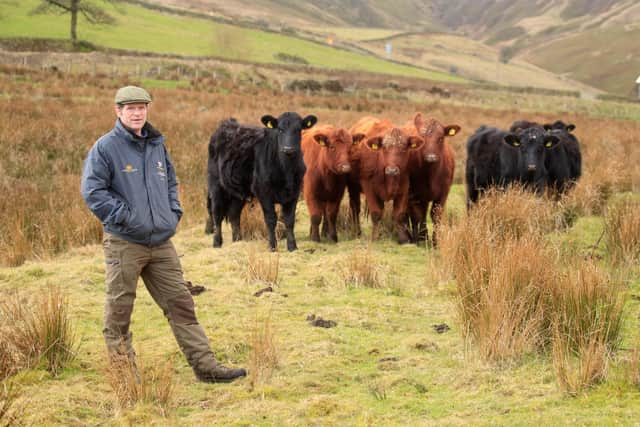

James, whose family farming pedigree stretches back 16 generations, added: “Going forward we also have a role to play in ensuring that schemes devised by policymakers are workable and will achieve their objectives.
“Farmers have the experience to know what works in any particular landscape so we can make an enormous contribution to the benefits we all want to see.”
The timing is partly a response to the loss of financial support from the European Union, and concerns that UK replacement schemes have yet to account for the specific challenges of upland farming in the 21st century.
Advertisement
Hide AdAdvertisement
Hide AdThe loss of agricultural subsidies will have a major impact on the profession as farmers seek to fill financial holes and fulfil environmental obligations which do not generate income in the same way as food commodities.
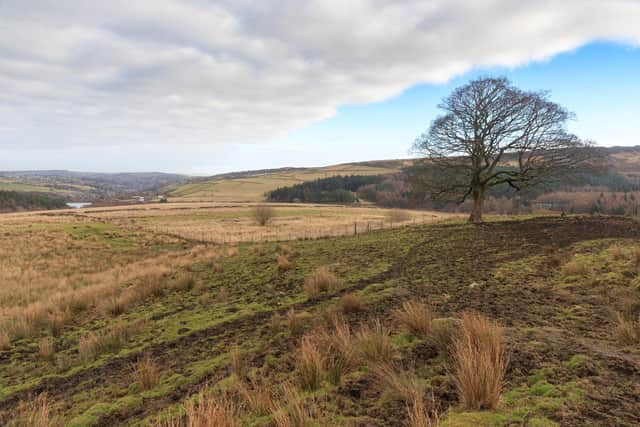

Funding cuts have already begun, with a 50 per cent reduction by 2024 and the complete withdrawal of previous arrangements by 2028.
PEF members hope that by working together they can strengthen their position in seeking investment from public and private partnerships – tapping into emerging markets for environmental offset trading and other sources of green finance, and maximising income from the Government’s new Environmental Land Management (ELM) scheme.
Geoff Eyre, of Mill Farm in Bradwell, said: “Like a lot of the farming families in the Hope Valley I can trace my ancestors back hundreds of years in this area. I am still farming some of the same land they did and I walk in the woods they planted.
Advertisement
Hide AdAdvertisement
Hide Ad“I know the huge numbers of visiting public adore the farm-created landscape and it’s important that the jigsaw of family farms remain viable, to encourage a younger generation to have their voice, coupled with actions that show results on the ground.
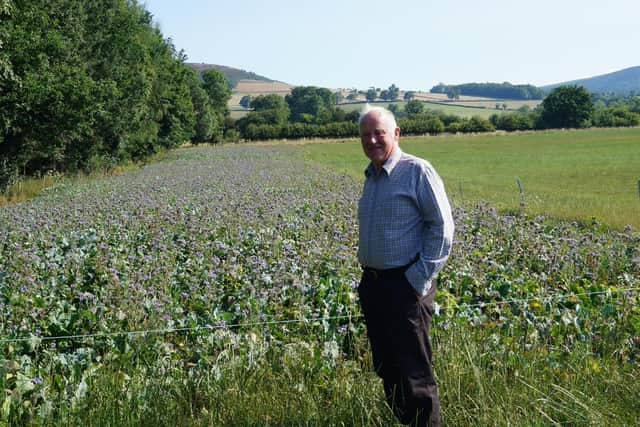

“The creation of PEF is being accepted readily by hard working farmers needing an opportunity to show firstly what they have already achieved and also the need for future incentives so they can turn their practical skills to any task on the land.”
The Government has already identified priorities for the ELM like biodiversity gain, carbon storage, provision of clean water, wildfire risk mitigation and natural flood management.PEF members believe they can make a major contribution to delivering on those goals via initiatives such as hedgerow planting, protection of water courses, conservation of species-rich habitats, enhancing soil health, creation of wildlife ponds, peatland restoration and tackling invasive species.
Chloe Palmer, PEF facilitator for farmers in the Hope Valley and Bradfield, said: “Two of the clear benefits of land management in the Peak District are clean water and protection of habitats. We have some of the cleanest rivers in England in this area and we have high quality habitats providing a haven for many species of birds including red listed waders.
Advertisement
Hide AdAdvertisement
Hide Ad“By the end of this season farmers in the Hope Valley and Bradfield area will have planted seven kilometres of hedgerows in the past five years, an important habitat for birds, small mammals, insects and amphibians and also a means to capture carbon.”
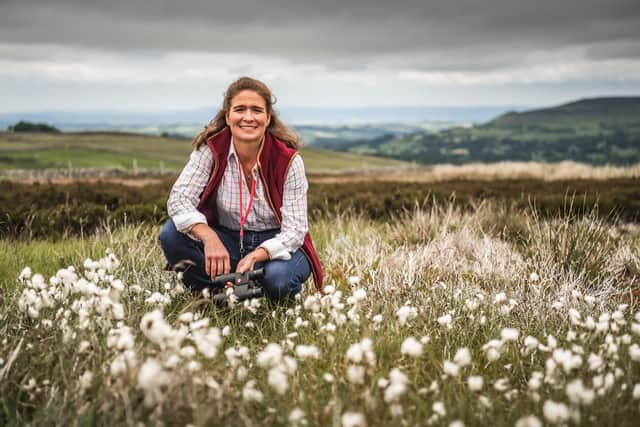

She added: The landscape here has always benefited from low-intensity, sustainable farming and game management which has resulted in the species-rich landscapes we see today. Soil health is a key priority for our farmer groups and many farmers have used aerators to improve soil health and help reduce water run-off.”
The PEF has been established with help from the National Farmers' Union (NFU), in partnership with the Moorland Association and Game & Wildlife Conservation Trust (GWCT) – two organisations working to protect land and species for shooting and hunting.
Moorland Association director Amanda Anderson said: “Many upland landowners are already managing the land in a way that benefits all of society, as identified by government, but they haven’t necessarily catalogued everything they do to look after the land and its wildlife.
Advertisement
Hide AdAdvertisement
Hide Ad“Ministers recognize that the uplands have unique and abundant wildlife that needs to be protected as well as enhanced. There are sustainable populations of birds in many areas of the Peak District, such as curlew, lapwing and golden plover, which are in serious decline elsewhere.
“Working together we can establish a baseline of the species that are doing well and take steps that will further protect many of our most-loved rare species.”
GWCT chief executive Teresa Dent added: “The fact that over 50 farmers and land managers have expressed interest in joining the PEF is a wonderful testament to their commitment to deliver really good environmental outcomes alongside sustainable farming and food production.
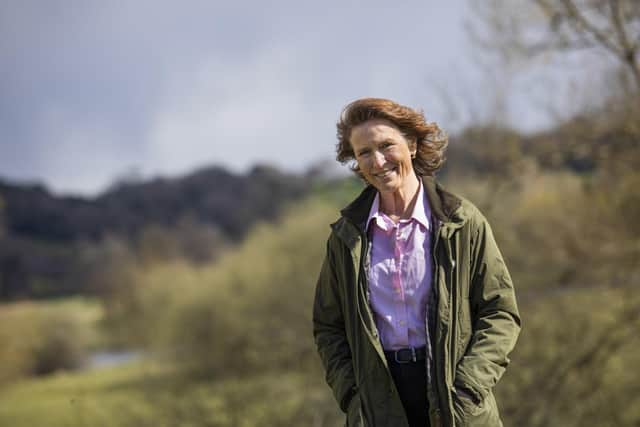

“It will be vital to find new sources of income to allow the farmers to afford to do this environmental work. That’s what the PEF is all about, to put the farmers in the best position to deliver good environmental outcomes and to be fairly rewarded for doing that. It's a win-win for the environment and for a financially viable rural economy.”
Advertisement
Hide AdAdvertisement
Hide AdTo learn more, go to www.peaklandenvironmentalfarmers.co.uk.